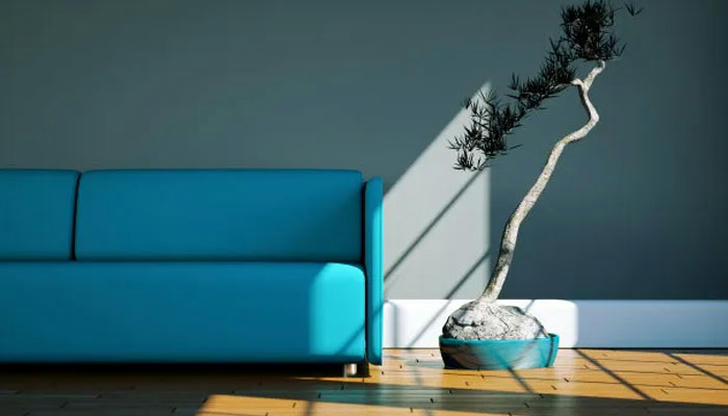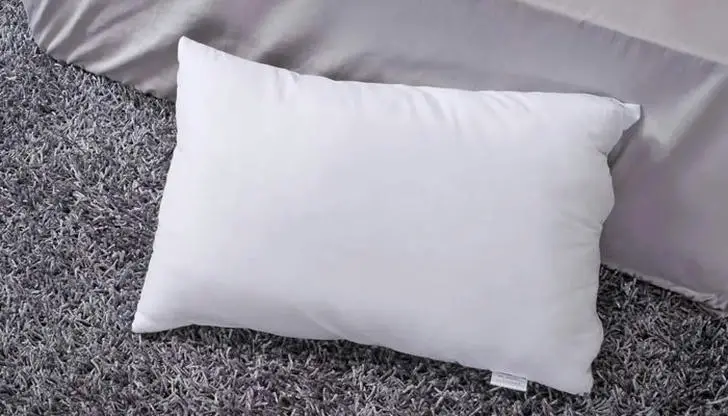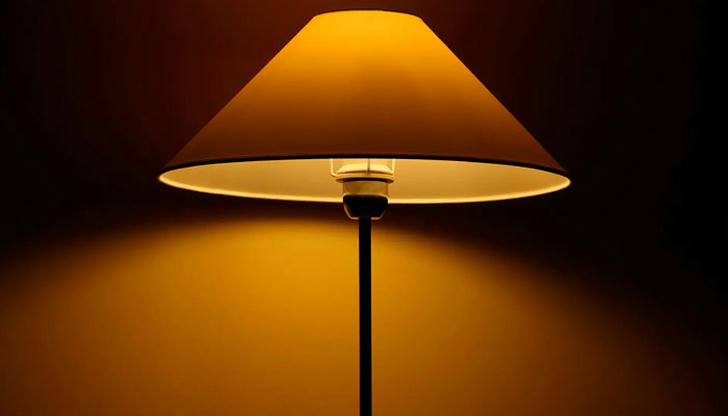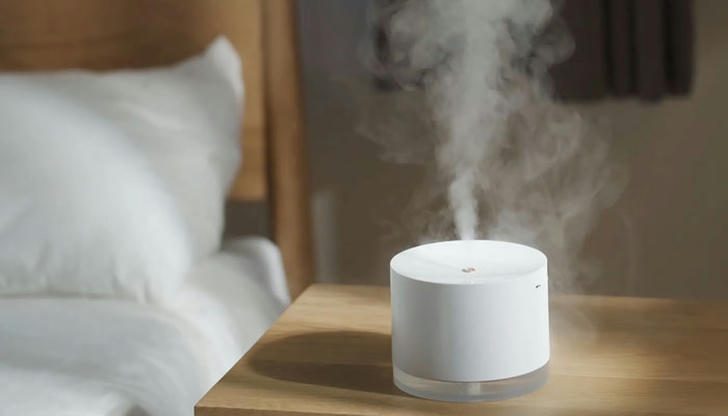8 Ways to Make Your Bedroom Better for Sleep
Advertisement
Scientific research and sleep experts have found that the state of your bedroom and bedroom habits can have a major impact on sleep quality. If you gulp your coffee in the morning because of one too many sleepless nights, your bedroom could be the real problem. From here, here are some tips to make your bedroom better for sleep and to get the most out of your sleep.
1. Create a more aesthetically pleasing space

Pretty things make us happy, and that applies to your bedroom too. According to the National Sleep Foundation, people whose rooms are painted blue tend to sleep longer because the color is associated with feelings of calm. If you don't like blue, grey or silver will work too. Or hang some scenic photos of tropical destinations on the wall, or add some appealing decor throughout.
2. Make it a work-free zone

The purpose of your room should be to help you refresh -- not to replug in to check email. A good start is not to bring your work bag or laptop into the room. When you leave physical reminders of work out of the bedroom, it's easier to relax mentally and into a relaxed state of mind.
3. Clear out clutter

Clothes piling up, trash overflowing, mail everywhere, and halving the sheets… all of these ruins the relaxed vibe. Clutter is a huge culprit when it comes to making your room less sleep-friendly.
4. Keep the temperature cool

For optimal sleep, your bedroom temperature should be between 60 and 67 degrees Fahrenheit, according to the National Sleep Foundation. This ideal range will help promote good sleep a lot.
5. Get the right pillow

If you're a sleeper, you can do away with pillows entirely or opt for the thinnest pillows available. If you're a back sleeper, a thinner memory foam or water pillow will be your best bet. And no matter what type of sleeper you are, your pillow should always keep its shape without raising it.
6. Lower your lighting

The lighting in the room should be low wattage. According to the Better Sleep Council, lamps with a wattage of 45 to 50 provide ambient or soft lighting for reading in bed. Shades can also help diffuse lighting throughout the room for better sleep quality.
7. Put electronics far away

Make bedtime an electronics-free zone by placing your device as far away from the bed as possible. Notification tones from your phone, tablet, or computer can be distracting and disturbing, so you’d better also turn on the Do Not Disturb setting.
8. Use a humidifier

Humidifiers are a great option for those who want to improve their sleep. A humidifier keeps the air in your room moist and light, rather than dry and dense, making it easier to breathe and sleep through the night. Using a humidifier is also a great way to protect your skin from inclement weather.



